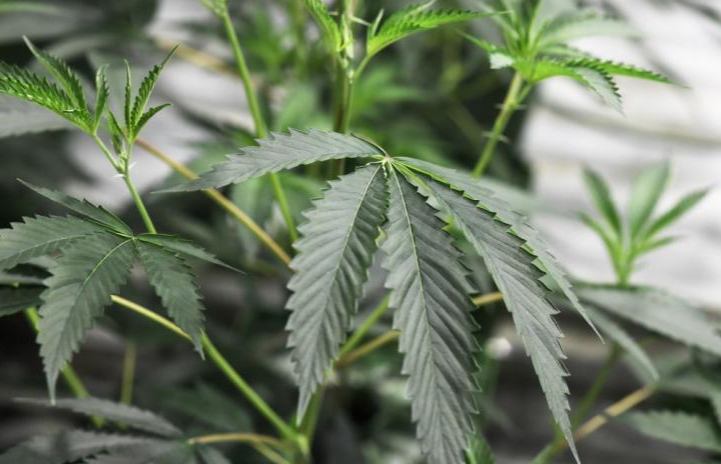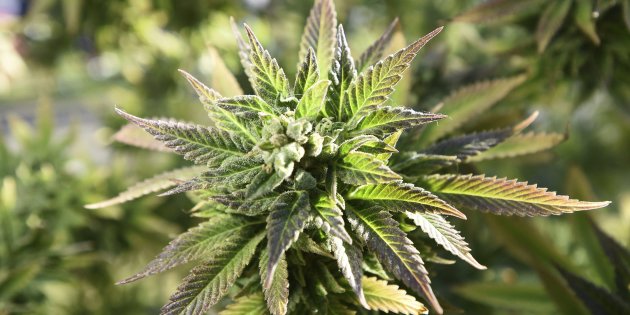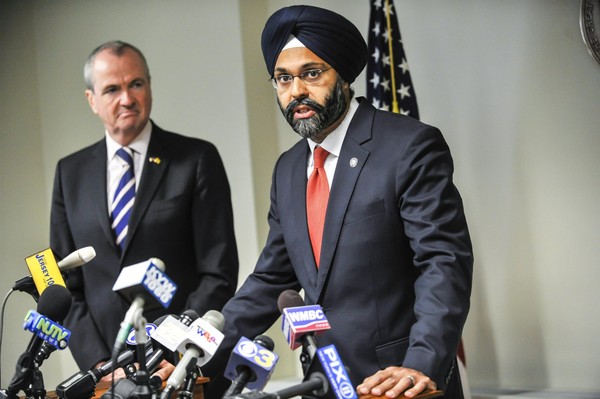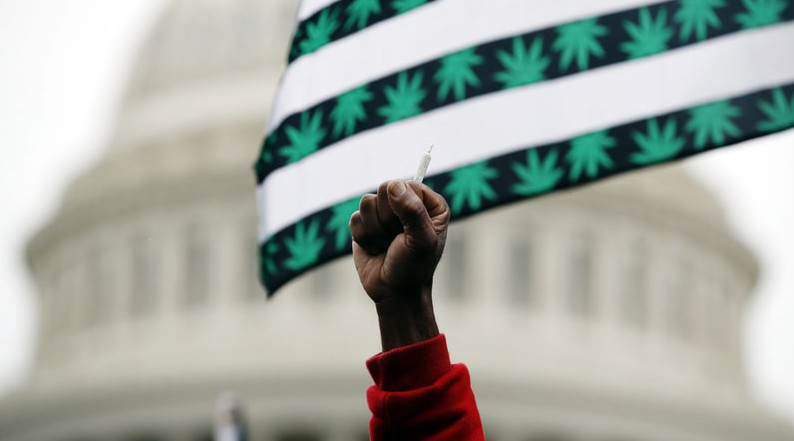Expedient marijuana legalization roll-out may not happen this summer, if Senate Conservatives get their way. A proposed law covering cannabis impaired driving rules has been delayed for at least two months in Parliament, with Conservatives arguing legalization should be postponed until year’s end. If enacted, that would throw a soaking wet quilt on the cannabis sector—if only in the short-term.
The sticking point appears to be Bill C-46. If you recall, the Liberal government introduced the aforementioned Bill at the same time it introduced Bill C-45—the legislation which would legalize the sale of cannabis in Canada. Bill C-46 was introduced to quell inadequate legal frameworks surrounding cannabis-induced impaired driving.
Despite months of review and dozens of expert witness consultation, the Senate apparently requires more time. “We will go at C-46 with more hearings in May… with the intention of sending the legislation to the Senate for a third reading in June”, according to vice-president of the steering committee, Pierre-Hugues Boisvenu.
The fact that more hearings are ongoing in May is problematic from a marijuana legalization perspective. Beyond Health Minister Ginette Petitpas Taylor’s declaration that full implementation of legal cannabis could occur later than July 1, it’s unclear exactly how much extra time the Senate will need.
In fact, some senators are calling tenets of Bill C-46 “unconstitutional”, while others claim the legislation is “full of holes”. Thus, investors cannot discount the possibility that a complete legislative overhaul may be required. This is in addition to an expected 8 to 12 weeks needed following Bill C-45’s passage for preparatory activities related to federal distribution.
This latest salvo adds a layer of uncertainty to the sector, although it’s worth noting that Bill C-45 stipulates cannabis will become legal at a date set by cabinet—not necessarily when full legislation passes. Still, until the bill receives royal assent, it will be illegal to transport cannabis.
That means supply distribution issues for producers to transport cannabis to provincially-run stores or private retailers (depending on the province). While it may be technically legal to possess/purchase marijuana, it may not be accessible in practical terms until the Senate signs off.
Story Continues Below
This new delay may also serve to embolden determined Conservative senator opponents of Bill C-45. Several Conservative senators have already signaled their intent to stall the bill’s passage. They may try to adjourn the debate in their name and other tricky maneuvers to delay reading in-chamber.
The current party standings in the Senate of Canada only has 12 Liberal-affiliated senators against 33 Conservative ones and 43 Independents. The journey towards royal assent is not a theoretical slam dunk.
Liberal-affiliated senators are a deep minority, outnumbered by Conservative senators by almost 3:1. Still, few political pundits expect much troubles on this front. The rather loud minority is almost certainly more bark than bite, and everyone knows many (if not most) “Conservatives” are essentially moderates.
The Canadian Senate Is Not Partisan
Unlike the United States Congress down south, the Canadian Senate doesn’t necessarily vote down party lines. Its biggest block is the Independent Senators Group, a non-affiliated (independent) entity with representation on committees and funding equivalent to those who sit in the two partisan caucuses.
The Group is also stocked with several Stephen Harper (Conservative) appointees who may by sympathetic with House Conservatives in stonewalling the C-45 legalization.
The non-partisan composition of the Canadian Senate is positive in the sense that the upper-House usually comes to a consensus on amending lower-House legislation. We don’t get the same partisan vote trade-offs common in the American system. It’s rare to have lower-House Bills rejected by the Senate outright, and that’s exactly what marijuana proponents are banking on this time around.
Fortunately, there are more than enough Independent centrists and moderate Conservatives to ensure there is basically zero percent chance royal assent won’t happen. However, that doesn’t guarantees Bill C-45 passage will be rubber stamped either, as we are witnessing.
Conclusion
Although certain roadblocks have been encountered, marijuana legalization is coming. Public opinion and private sector momentum is much too powerful to turn back at this stage. Canada is not giving up its burgeoning world leadership position because a handful of crusty Conservative senators believe Reefer Madness is real.
There’s no question some fierce marijuana legalization opponents will do everything possible to stonewall proceedings. This is—and always was—to be expected. Some of the old vanguard conditioned to believe cannabis is ‘bad’ still maintain a powerful voice within Canadian society. While those concerns ascribe some measure of validity, you can’t stop progress. Canadians have spoken, and there’s no putting this genie back in the bottle.
Still, investors need to account for the possibility that full legalization—by way of royal assent—may be pushed back farther than is widely believed. On a longer term horizon, not much changes from an investment perspective. But in the short term, marijuana legalization delays could uncover better entry points if sector sentiment and mobility is affected.
Invest accordingly.
credit:420intel.com













